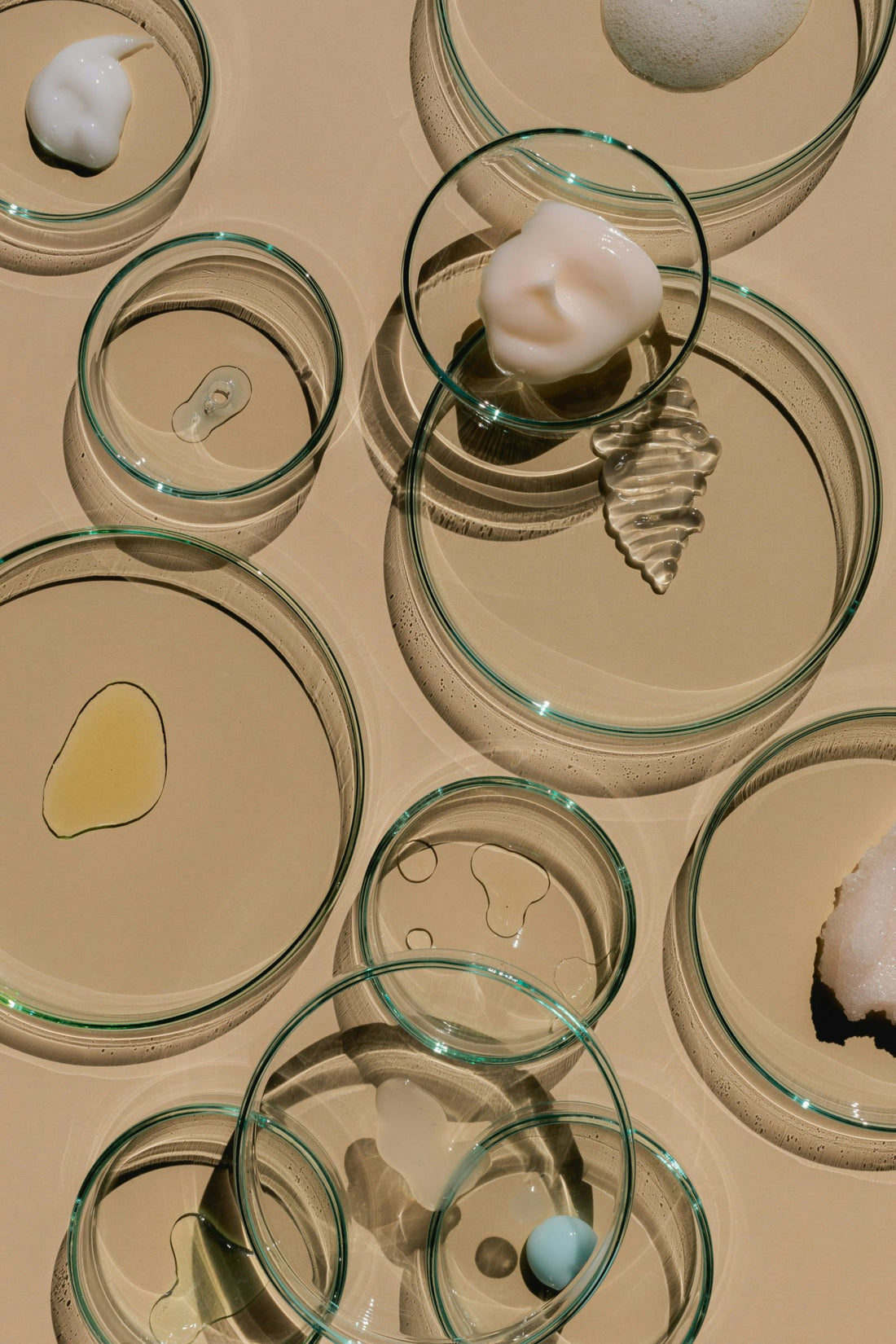Korean skincare, often referred to as K-beauty, has garnered global attention for its unique blend of traditional ingredients and cutting-edge scientific advancements. This fusion results in products that not only cater to aesthetic desires but also address underlying skin health. Della Pella looks into the scientific principles and ingredients that make K-beauty a standout in the skincare industry.
Harnessing the Power of Fermentation
Fermentation, a process deeply rooted in Korean culture, has found its way into skincare formulations. By fermenting ingredients like yeast and soybeans, larger molecules are broken down into smaller ones, enhancing their absorption into the skin. This process increases the concentration of beneficial compounds such as vitamins, amino acids, and antioxidants. For instance, fermented red ginseng has been shown to possess higher antioxidant levels and improved anti-wrinkle efficacy compared to its non-fermented counterpart.
Bioactive Ingredients: Nature's Potent Offerings
K-beauty extensively utilizes bioactive ingredients derived from both traditional and innovative sources:
-
Snail Mucin: Rich in hyaluronic acid, glycolic acid, and copper peptides, snail mucin offers hydration, promotes cell turnover, and has antimicrobial properties. It's particularly beneficial for wound healing and reducing acne scars.
-
Centella Asiatica (Cica): Known for its soothing properties, Cica contains compounds like madecassoside and asiatic acid, which calm irritation, boost collagen production, and strengthen the skin barrier.
-
Ginseng: This adaptogenic herb enhances blood circulation, stimulates collagen production, and combats oxidative stress, making it effective against signs of aging and hyperpigmentation.
Innovations in Skincare Technology
Korean skincare doesn't stop at ingredients; it embraces technological advancements to enhance efficacy:
-
Exosome Therapy: Exosomes are nano-sized vesicles that facilitate intercellular communication. In skincare, they deliver proteins, lipids, and RNA to skin cells, promoting regeneration and reducing inflammation. Dr. Jennifer Levine notes their ability to diminish fine lines and pigmentation, offering a rejuvenated complexion. via Vogue
-
Microbiome-Friendly Formulations: Recognizing the importance of a balanced skin microbiome, K-beauty incorporates probiotics into products to support skin flora, enhance barrier function, and reduce inflammation.
Prioritizing Sun Protection and Hydration
Two pillars of Korean skincare are sun protection and hydration:
-
Sunscreen: Daily application of broad-spectrum sunscreen is emphasized to prevent premature aging and protect against UV-induced damage. Korean sunscreens are renowned for their lightweight, non-greasy formulations that encourage consistent use.
-
Hyaluronic Acid: A staple in K-beauty, hyaluronic acid can hold up to 1,000 times its weight in water, providing intense hydration, plumping the skin, and reducing the appearance of fine lines.
Though not part of the common two, hydrocolloid patches are also used by many to treat existing acne.
